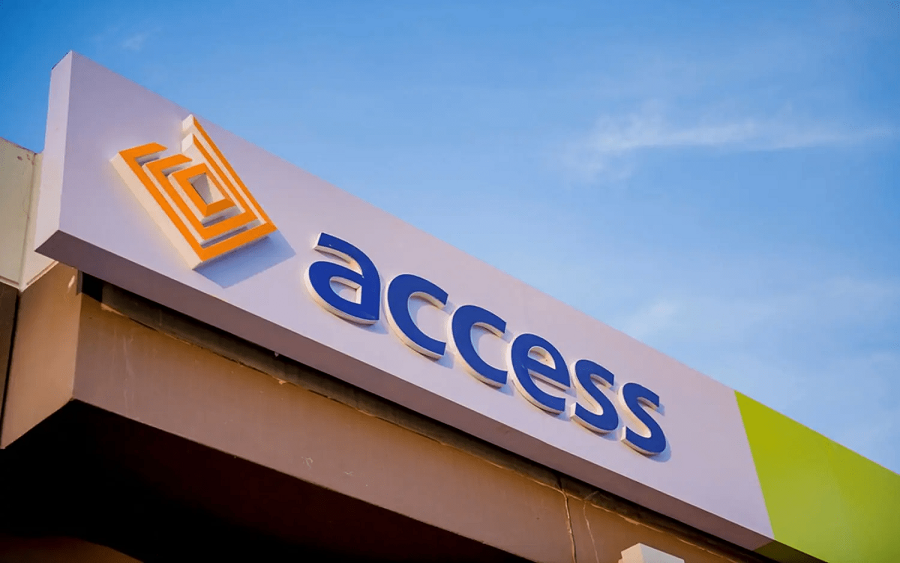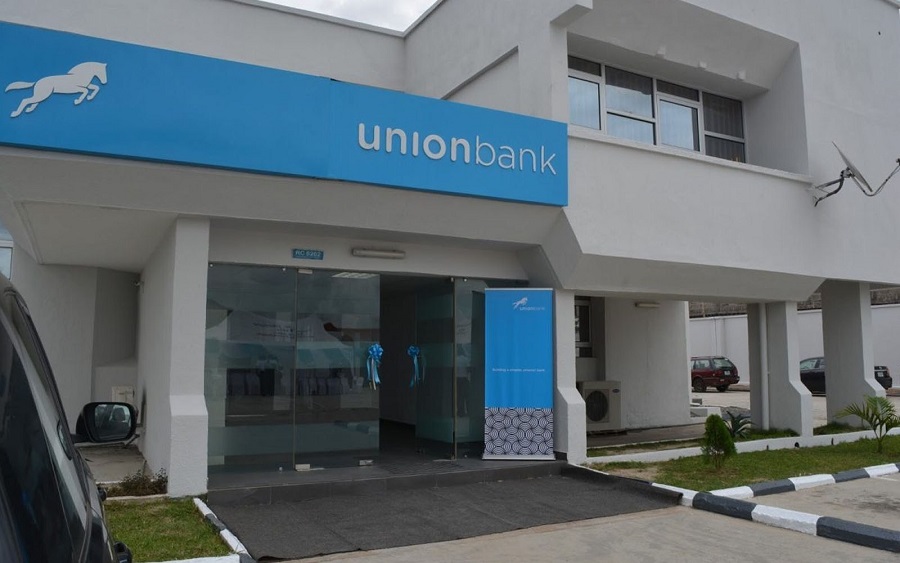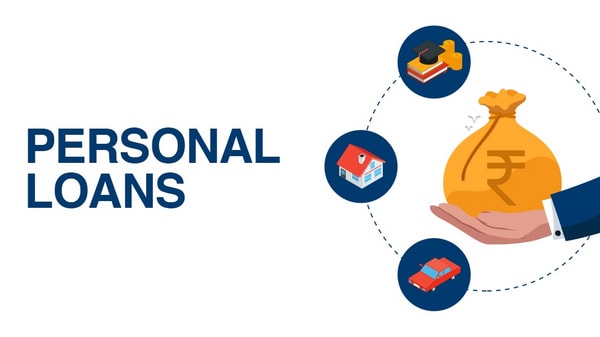Best Nigeria Banks for Personal Loans: Rates and Terms
When it comes to managing finances, personal loans can be a lifesaver. Whether you’re planning a wedding, renovating your home, starting a small business, or dealing with an emergency, a personal loan can provide the financial boost you need. But with so many banks in Nigeria offering personal loans, how do you know which one is the best for you?
In this comprehensive guide, we’ll break down the best Nigerian banks for personal loans, their interest rates, terms, and requirements. We’ll also provide tips on how to choose the right loan for your needs, how to apply, and how to manage your repayment effectively. By the end of this article, you’ll have all the information you need to make an informed decision.
Why Personal Loans Are Popular in Nigeria
Personal loans are one of the most sought-after financial products in Nigeria. Why? Because they are versatile and relatively easy to access compared to other types of loans. Unlike business loans or mortgages, personal loans don’t require collateral in most cases, making them accessible to a wider range of people.
However, not all personal loans are created equal. Interest rates, repayment terms, and eligibility criteria vary from bank to bank. That’s why it’s crucial to do your research before applying.
Factors to Consider When Choosing a Personal Loan
Before diving into the list of banks, let’s quickly go over the key factors you should consider when choosing a personal loan:
- Interest Rates: This is the cost of borrowing money. Lower interest rates mean you’ll pay less over time.
- Loan Tenure: How long do you have to repay the loan? Longer tenures mean smaller monthly payments but more interest over time.
- Eligibility Requirements: What do you need to qualify for the loan? Common requirements include proof of income, employment status, and credit history.
- Processing Fees: Some banks charge fees for processing your loan application.
- Repayment Flexibility: Can you make early repayments without penalties?
- Customer Service: How responsive and helpful is the bank’s customer service team?
Now that you know what to look for, let’s explore the best Nigerian banks for personal loans.
Top Nigerian Banks for Personal Loans
1. GTBank (Guaranty Trust Bank)

GTBank is one of the most popular banks in Nigeria, and for good reason. They offer competitive personal loan products with flexible repayment terms.
- Interest Rate: Starts at 1.75% monthly (21% annually).
- Loan Amount: Up to ₦10 million.
- Tenure: Up to 12 months.
- Eligibility: Salaried employees with a minimum monthly income of ₦50,000.
- Processing Fee: 1% of the loan amount.
Why Choose GTBank?
GTBank’s loan application process is straightforward and can be completed online. They also have excellent customer service and a user-friendly mobile app.
2. Access Bank

Access Bank is another top contender when it comes to personal loans. They offer a variety of loan products tailored to different needs.
- Interest Rate: Starts at 2% monthly (24% annually).
- Loan Amount: Up to ₦20 million.
- Tenure: Up to 24 months.
- Eligibility: Salaried and self-employed individuals with a stable income.
- Processing Fee: 1.5% of the loan amount.
Why Choose Access Bank?
Access Bank offers higher loan amounts and longer repayment periods, making it a great option for those who need more time to repay.
3. First Bank of Nigeria

First Bank is one of the oldest and most trusted banks in Nigeria. Their personal loan products are reliable and accessible.
- Interest Rate: Starts at 2.5% monthly (30% annually).
- Loan Amount: Up to ₦15 million.
- Tenure: Up to 12 months.
- Eligibility: Salaried employees with a minimum monthly income of ₦30,000.
- Processing Fee: 1% of the loan amount.
Why Choose First Bank?
First Bank has a wide network of branches across Nigeria, making it easy to access their services. They also offer quick loan disbursement.
4. Zenith Bank

Zenith Bank is known for its innovative financial products and excellent customer service. Their personal loans are no exception.
- Interest Rate: Starts at 2% monthly (24% annually).
- Loan Amount: Up to ₦10 million.
- Tenure: Up to 12 months.
- Eligibility: Salaried employees with a minimum monthly income of ₦50,000.
- Processing Fee: 1% of the loan amount.
Why Choose Zenith Bank?
Zenith Bank offers competitive interest rates and a seamless online application process. Their loans are also disbursed quickly.
5. Stanbic IBTC Bank

Stanbic IBTC is a leading financial institution in Nigeria, offering a range of personal loan products.
- Interest Rate: Starts at 2.25% monthly (27% annually).
- Loan Amount: Up to ₦20 million.
- Tenure: Up to 24 months.
- Eligibility: Salaried and self-employed individuals with a stable income.
- Processing Fee: 1.5% of the loan amount.
Why Choose Stanbic IBTC?
Stanbic IBTC offers flexible repayment terms and higher loan amounts, making it ideal for larger financial needs.
6. UBA (United Bank for Africa)

UBA is one of the largest banks in Africa, and their personal loan products are designed to meet the needs of a wide range of customers.
- Interest Rate: Starts at 2% monthly (24% annually).
- Loan Amount: Up to ₦10 million.
- Tenure: Up to 12 months.
- Eligibility: Salaried employees with a minimum monthly income of ₦50,000.
- Processing Fee: 1% of the loan amount.
Why Choose UBA?
UBA offers competitive interest rates and a quick loan approval process. They also have a strong presence across Nigeria.
7. Fidelity Bank

Fidelity Bank is known for its customer-centric approach and affordable loan products.
- Interest Rate: Starts at 2.5% monthly (30% annually).
- Loan Amount: Up to ₦5 million.
- Tenure: Up to 12 months.
- Eligibility: Salaried employees with a minimum monthly income of ₦30,000.
- Processing Fee: 1% of the loan amount.
Why Choose Fidelity Bank?
Fidelity Bank offers lower loan amounts, making it a good option for those who need smaller loans. Their application process is also simple and straightforward.
8. Union Bank

Union Bank is one of the oldest banks in Nigeria, and they offer reliable personal loan products.
- Interest Rate: Starts at 2.5% monthly (30% annually).
- Loan Amount: Up to ₦10 million.
- Tenure: Up to 12 months.
- Eligibility: Salaried employees with a minimum monthly income of ₦50,000.
- Processing Fee: 1% of the loan amount.
Why Choose Union Bank?
Union Bank offers competitive interest rates and a straightforward application process. They also have a strong reputation for reliability.
How to Apply for a Personal Loan in Nigeria
Applying for a personal loan in Nigeria is easier than ever, thanks to digital banking platforms. Here’s a step-by-step guide to help you through the process:
- Check Your Eligibility: Before applying, ensure you meet the bank’s requirements, such as minimum income, employment status, and credit score.
- Gather Required Documents: Most banks will ask for the following:
- Valid ID (e.g., National ID, International Passport, or Driver’s License).
- Proof of income (e.g., pay slips, bank statements, or tax returns).
- Utility bill (for proof of address).
- BVN (Bank Verification Number).
- Compare Loan Offers: Use the information in this article to compare interest rates, loan amounts, and repayment terms.
- Apply Online or Visit a Branch: Many banks allow you to apply online through their websites or mobile apps. Alternatively, you can visit a branch near you.
- Wait for Approval: The approval process can take anywhere from a few hours to a few days, depending on the bank.
- Receive Funds: Once approved, the loan amount will be disbursed to your account.
Common Mistakes to Avoid When Taking a Personal Loan
Taking a personal loan is a big financial decision, and it’s easy to make mistakes if you’re not careful. Here are some common pitfalls to avoid:
- Borrowing More Than You Need: It’s tempting to take a larger loan, but remember, you’ll have to pay it back with interest. Only borrow what you need.
- Ignoring the Fine Print: Always read the terms and conditions carefully. Pay attention to hidden fees, penalties, and repayment terms.
- Not Comparing Options: Don’t settle for the first loan offer you see. Compare multiple banks to find the best deal.
- Missing Repayments: Late or missed payments can damage your credit score and lead to additional fees. Set reminders or automate your payments.
- Taking Multiple Loans at Once: Juggling multiple loans can strain your finances and make it harder to repay.
Alternatives to Bank Personal Loans
If you’re unable to secure a personal loan from a bank, don’t worry. There are other options available:
- Microfinance Banks: These institutions offer smaller loans with less stringent requirements. Examples include LAPO Microfinance Bank and AB Microfinance Bank.
- Cooperative Societies: If you’re a member of a cooperative society, you may be able to access loans at lower interest rates.
- Online Lenders: Platforms like FairMoney, Carbon, and Branch offer quick loans with minimal requirements. However, their interest rates are often higher than traditional banks.
- Family and Friends: If possible, consider borrowing from loved ones. This option is usually interest-free and more flexible.
How to Improve Your Chances of Loan Approval
Getting approved for a personal loan isn’t always easy, especially if you have a low credit score or irregular income. Here are some tips to improve your chances:
- Maintain a Good Credit Score: Pay your bills on time, reduce your debt, and avoid applying for multiple loans at once.
- Provide Accurate Information: Ensure all the information you provide is accurate and up-to-date.
- Show Proof of Stable Income: Banks want to see that you have a steady source of income to repay the loan.
- Reduce Your Debt-to-Income Ratio: Pay off existing debts to show that you can manage your finances responsibly.
- Apply with a Co-Signer: If you have a low credit score, applying with a co-signer who has a good credit history can increase your chances of approval.
Frequently Asked Questions (FAQs)
1. What is the minimum salary required to qualify for a personal loan?
Most banks require a minimum monthly income of ₦30,000 to ₦50,000. However, this varies depending on the bank and the loan amount.
2. Can self-employed individuals apply for personal loans?
Yes, many banks offer personal loans to self-employed individuals. You’ll need to provide proof of income, such as bank statements or tax returns.
3. How long does it take to get a personal loan approved?
The approval process can take anywhere from a few hours to a few days, depending on the bank and your eligibility.
4. What happens if I default on my loan?
Defaulting on a loan can lead to penalties, damage to your credit score, and legal action. Always communicate with your bank if you’re having trouble making payments.
5. Can I repay my loan early?
Some banks allow early repayment without penalties, while others charge a fee. Check the terms and conditions before signing up.
Tips for Managing Your Personal Loan Repayment
Once you’ve secured a personal loan, it’s important to manage your repayments effectively. Here are some tips:
- Create a Budget: Allocate a portion of your income to loan repayment and stick to it.
- Set Up Automatic Payments: Automating your payments ensures you never miss a due date.
- Pay More Than the Minimum: If possible, pay more than the minimum amount to reduce your interest and pay off the loan faster.
- Track Your Progress: Keep an eye on your loan balance and repayment schedule.
- Communicate with Your Bank: If you’re facing financial difficulties, reach out to your bank to discuss possible solutions.
Real-Life Scenarios: When to Consider a Personal Loan
To make the article more relatable, let’s include some real-life scenarios where a personal loan might be the best option:
- Wedding Expenses: Planning a wedding can be expensive. A personal loan can help cover costs like venue rental, catering, and attire.
- Medical Emergencies: Unexpected medical bills can strain your finances. A personal loan can provide quick access to funds.
- Home Renovation: Whether you’re fixing a leaky roof or upgrading your kitchen, a personal loan can help you achieve your home improvement goals.
- Education: A personal loan can cover school fees, textbooks, and other educational expenses.
- Starting a Small Business: If you’re looking to start or expand a business, a personal loan can provide the capital you need.
Conclusion
Personal loans can be a powerful financial tool when used responsibly. By choosing the right bank and understanding the terms and conditions, you can achieve your financial goals without unnecessary stress.
At The Price, we’re here to guide you through every step of your financial journey. Whether you’re comparing loan options, looking for money-saving tips, or seeking advice on managing your finances, we’ve go



Leave a Comment